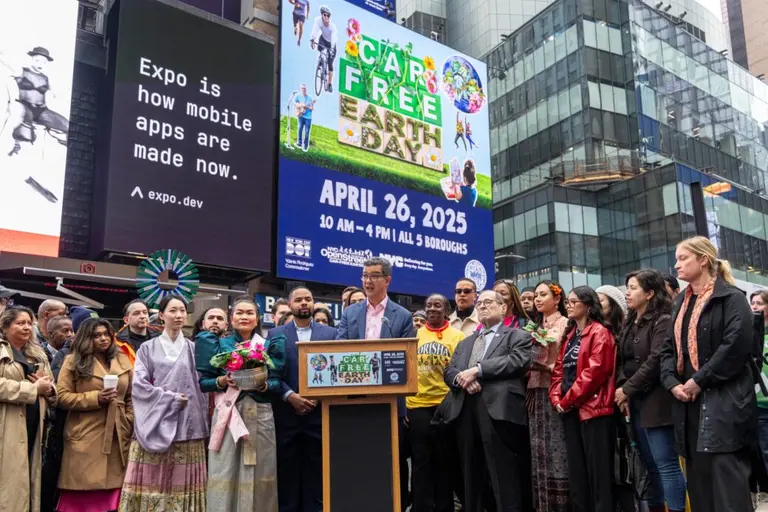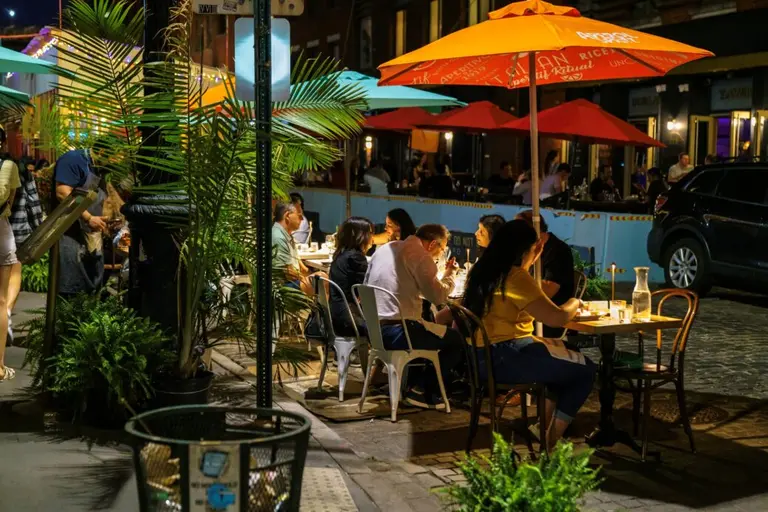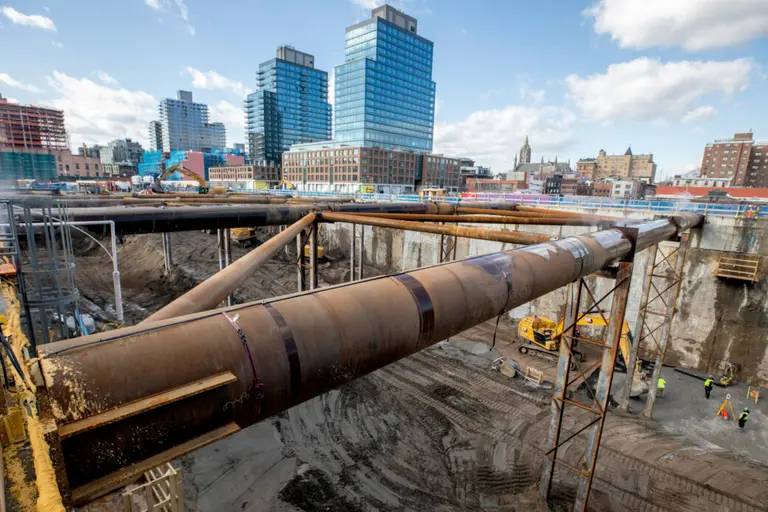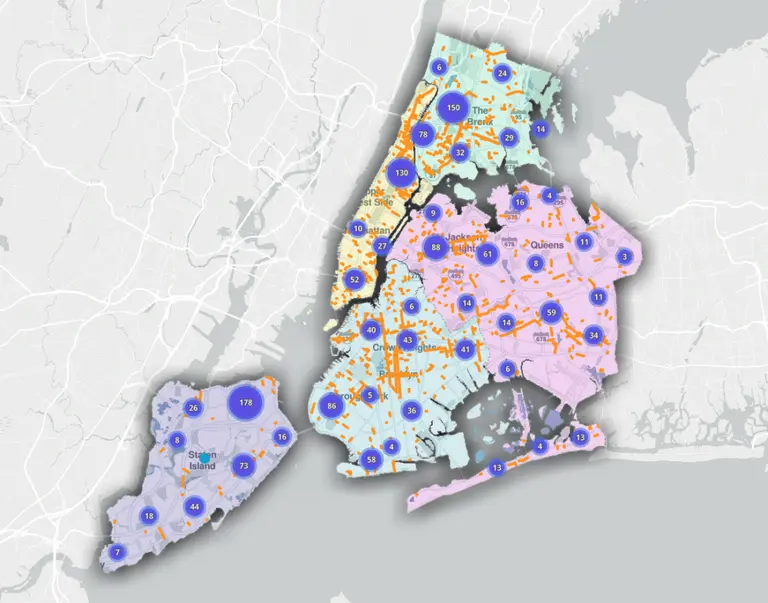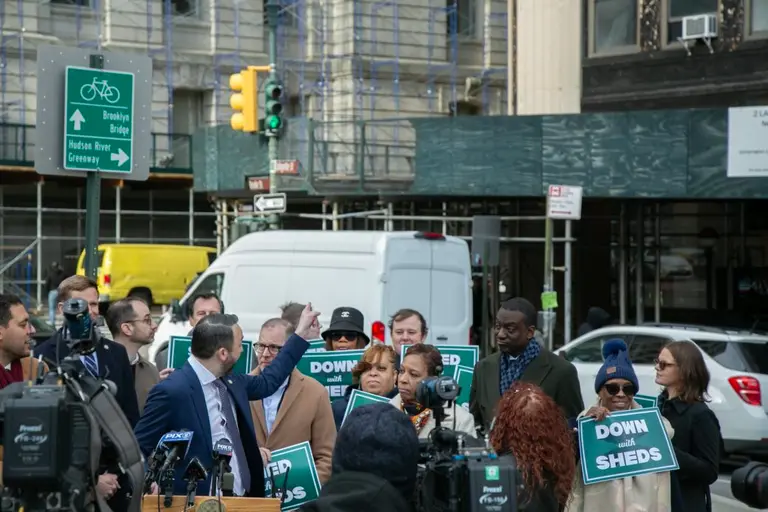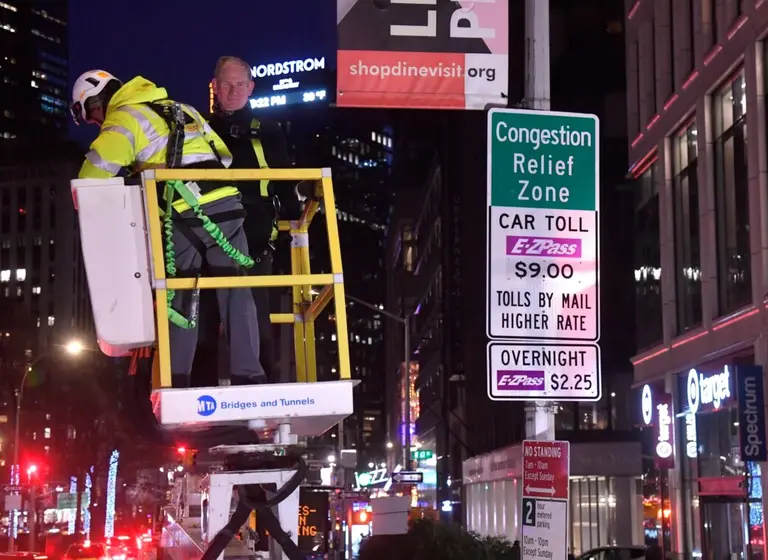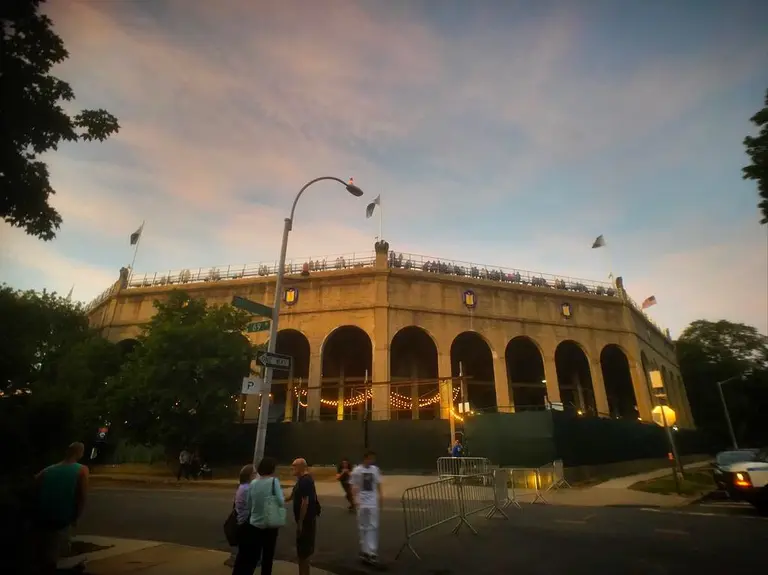Rent to increase for NYC’s one million stabilized apartments for third year in a row
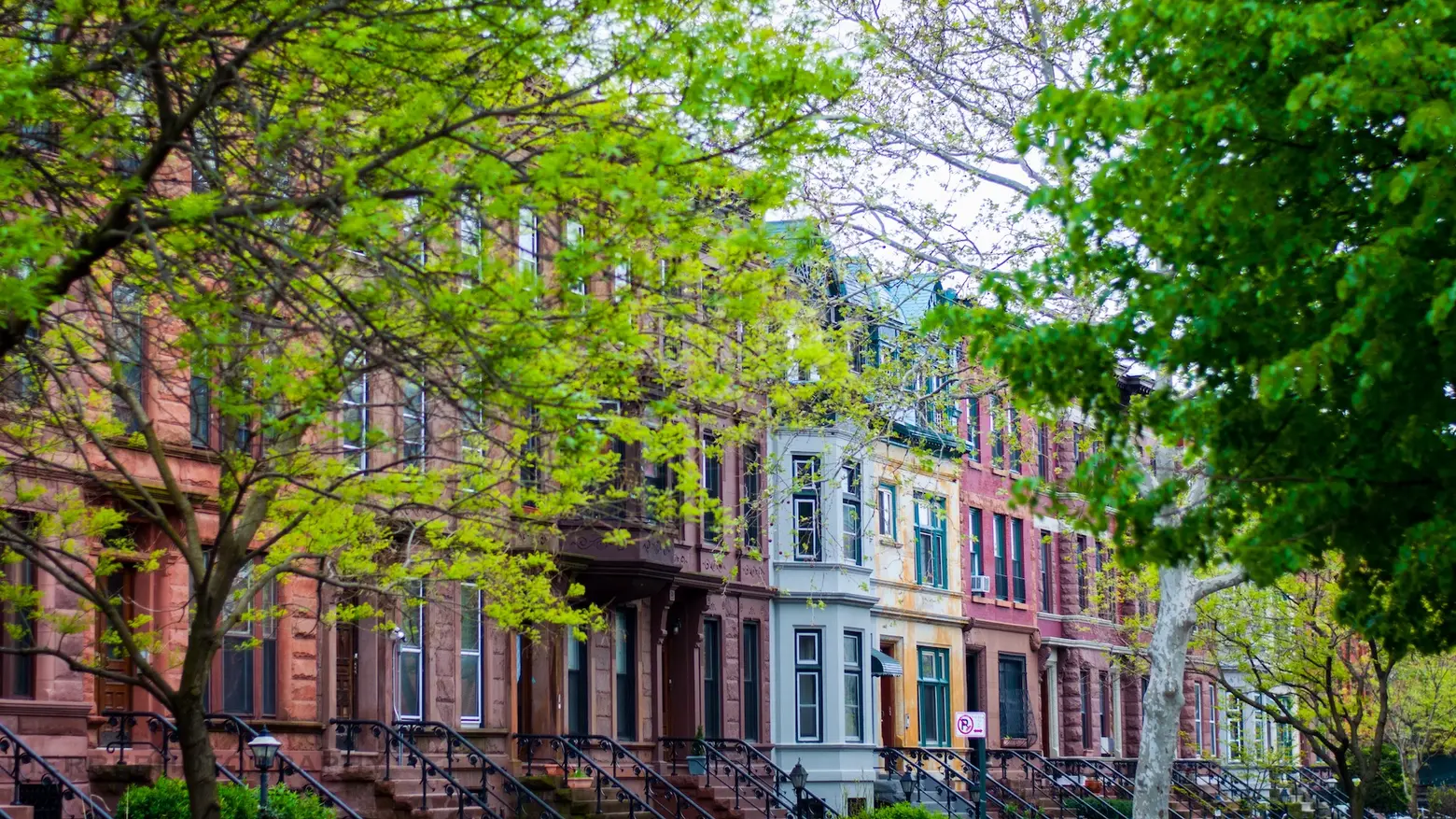
Photo courtesy of Maxim Pierre on Flickr
Rent is going up for about one million regulated apartments in New York City. The Rent Guidelines Board on Monday approved rent hikes of 2.75 percent for one-year leases and 5.25 percent on two-year leases. The increase will affect the leases of about two million New Yorkers and marks the third year in a row that rents on stabilized apartments will increase.
The approval of increases by the board, whose nine members are appointed by the mayor, marks the third such vote under Mayor Eric Adams’ administration. Under former Mayor Bill de Blasio, the board voted to freeze rent several times with 1.5 percent for one-year leases being the highest increase approved during his tenure.
Last year, the board voted to raise rents on one-year leases by 3 percent; two-year leases went up by 2.75 percent for the first year and 3.2 percent for the second year. In 2022, the board approved adjustments of 3.25 percent on one-year leases and 5 percent on two-year leases, the largest rent hikes on stabilized apartments since 2013.
As 6sqft previously reported, the board sets the rent increases by looking at several metrics that consider the economic conditions for both landlords and tenants. According to the board, the price index of operating costs (PIOC), which measures taxes, labor costs, fuel, utilities, maintenance, administrative costs, and insurance costs in rent-stabilized properties, has risen by 3.9 percent since last year.
The rent hikes, approved by the board in a 5-4 vote, will impact leases starting October 1.
Adams has been careful to balance the needs of small landlords facing rising costs and tenants dealing with the current affordability crisis. In a statement following the vote, the mayor said his administration is “grateful” the board did not go with the upper range of the preliminary rent hike, 6.5 percent, that was approved in April.
“The data reviewed by the board this year makes clear that our city’s tenants are facing a severe housing and affordability crisis, and that the quality of our city’s rent stabilized homes is threatened by growing operating and maintenance costs for owners,” Adams said. “Since preliminary increases were released last month, we made clear that the high end of the proposed rent increases was untenable. That is why we are grateful for the board’s careful consideration of the data and their decision to limit increases this year.”
Tenant advocates argue the rent increases will worsen the burden low- and moderate-income renters are facing. According to a report in January by City Comptroller Brad Lander, most renter households in the city are rent-burdened, with rent taking up more than 30 percent of their income. Nearly 30 percent of low-income renters across the five boroughs are severely rent-burdened, which means they spend more than 50 percent of their pre-tax income on housing.
A group of renters, tenant organizations, and elected officials rallied outside of Hunter College, where the board held its vote on Monday. According to City Limits, 10 people were arrested, including Assembly Members Marcela Mitaynes and Zohran Mamdani.
Adriene Holder, chief attorney of the Civil Practice at the Legal Aid Society, said in a statement the rent hikes could lead to more homelessness, eviction, and displacement.
“This Board’s votes, year after year, to continue increasing rents on tenants–many of whom are already rent-burdened or severely rent-burdened–prove that they are willfully uninterested in making informed decisions that will keep these units affordable for all New Yorkers. Instead, the Board seems interested only in continuing to line the pockets of landlords while tenants are left to suffer the consequences. We condemn tonight’s vote in the strongest possible terms.”
Landlords, who argue the increases are insufficient since rent-stabilized buildings have higher maintenance and repair costs due to age, are also not happy with the board’s vote. According to a report by the RGB, rent-stabilized properties saw increased costs for taxes, labor, utilities, maintenance, and insurance, which rose by 21.7 percent since last year, according to the report.
Joseph Strasburg, president of the Rent Stabilization Association, which is made up of owners and managers of more than one million rent-stabilized apartments across New York City, said the board “did not follow its own data”
“It’s distressing that the RGB did not follow its own data – which clearly supported the need for higher rent adjustments to offset skyrocketing property taxes and insurance premiums, and the costly renovations and upkeep required by aging rent-stabilized buildings at or approaching the century mark,” Strasburg said in a statement.
“Adding to the calamitous effects of Albany’s economically damaging housing policies, this year’s RGB vote pushes the city’s largest segment of affordable housing, already in financial distress, closer to the edge of insolvency – a disaster for owners and the millions of New Yorkers they house.”
RELATED:
